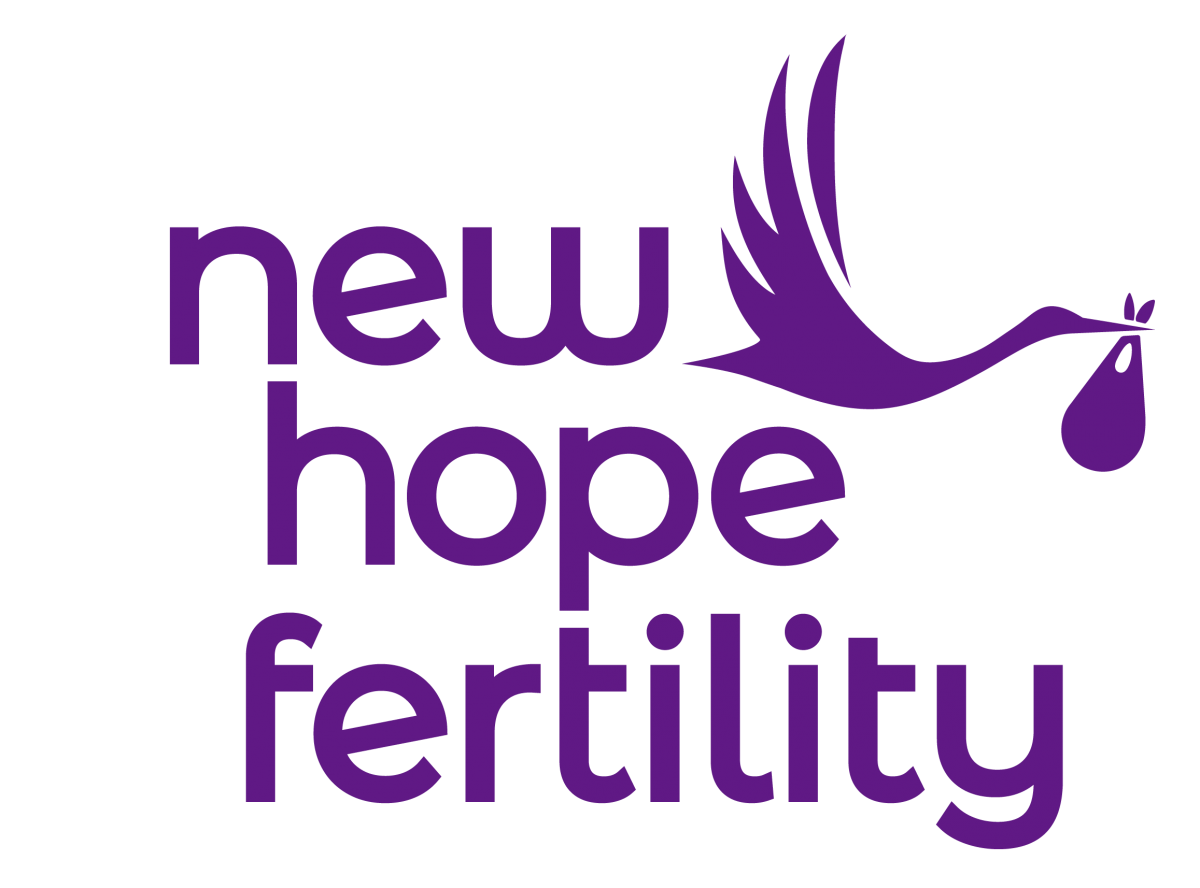You’ve probably heard from your OBGYN about the many ways to keep from getting pregnant, but have they ever discussed options for getting pregnant in the future if you’re electing to wait? Egg freezing is perfect for women that are in their 20s and early 30s, who aren’t currently ready for children but want to be prepared for the future. Many women enter the latter half of their 30s assuming that it will be easy to get pregnant, only to then find out that that might not be the case.
What is egg freezing and how does it work?
Egg freezing is a process where a woman’s eggs are extracted and frozen through Vitrification for future use. The eggs are cryopreserved, stored in a lab, and can be used at a later date to help conceive. This is often popular among younger women who want to have children later in life, but may not be ready to start a family yet.
Why do women consider freezing their eggs?
Women’s overall fertility is deeply connected to age. Most people have heard of the “Biological clock” and how ovarian reserve dramatically declines after 35. In the past two decades, delayed pregnancy/family planning has become increasingly popular. Women are putting more time into work, school, and finding a compatible partner which can lead to the decision to wait until later in life to conceive.
Because age and fertility are so intertwined it can greatly benefit those choosing to wait past 35 for children, to freeze their eggs when they are in their more fertile years. This is because egg quality along with quantity starts to drop at 32 and then decreases most rapidly after 35. A lower reserve, partnered with low quality can lead to infertility. Freezing “younger” eggs, allows for an increased chance of pregnancy if you are struggling later in life to become pregnant.
How effective is egg freezing?
Egg freezing is considered one of the top fertility preservation options for those waiting to conceive and depending on the age at which the eggs are frozen and the age they are being used, there can be up to a 70+% success rate. Though there is no guarantee that eggs will survive the thawing process, healthy fertile women can expect to freeze between 10-20 eggs. The process of Vitrification freezing has a higher egg survival rate than other cryopreservation methods. Your physician will be able to give you an estimate on how many eggs they expect, based on factors such as your age, AMH levels, and FSH levels.
When is the best time to freeze eggs?
The best time to freeze eggs is when you are in your late twenties or early thirties. This is because your eggs are at their highest quality in this age range. It’s always better to be tested earlier rather than later though. Some women can be diagnosed with early DOR (diminished ovarian reserve) which means that even though they’re young, they should freeze their eggs as soon as possible.
How much does egg freezing cost?
The cost of egg freezing varies depending on the clinic you go to. However, the average price in the United States is around $6,000-$12,000 per freezing cycle. This does not include annual storage fees.
Fun Fact: Your job may cover egg freezing as part of their company benefits and may even pay for you to freeze your eggs! These generally are larger companies that know they require a lot of hours and time during their employees’ peak fertile years and in efforts to allow these employees the option to delay family planning and grow their career, see compensating for egg freezing treatment as a benefit to both parties.
What are the risks of egg freezing?
The risks of egg freezing are minimal but include things like ovarian hyperstimulation syndrome (OHSS) and procedure infections. These risks are rare, but it is important to be aware of them before you decide to freeze your eggs. It should also be noted that there is not a certain number of eggs that you’re guaranteed while freezing!
Are there any side effects of egg freezing?
The side effects of egg freezing are typically mild and include things like bloating, cramping, and nausea. These side effects are usually only temporary and will go away after the procedure is over and after the medication leaves your body, and your hormones return to normal.
Why New Hope?
New Hope Fertility Center is home to world-renowned fertility specialists. We custom design fertility treatments for the individual to increase the chances of a successful pregnancy. Our specialists believe in putting the patient first and being with them through every step of the fertility journey. Our team is well versed in helping women of all ages reach their fertility goals and we are passionate about educating, and supporting our patients throughout their journey. If you want compassionate fertility care, New Hope is the right place for you. Call us at (347) 970-8479 or schedule your initial consultation today!

